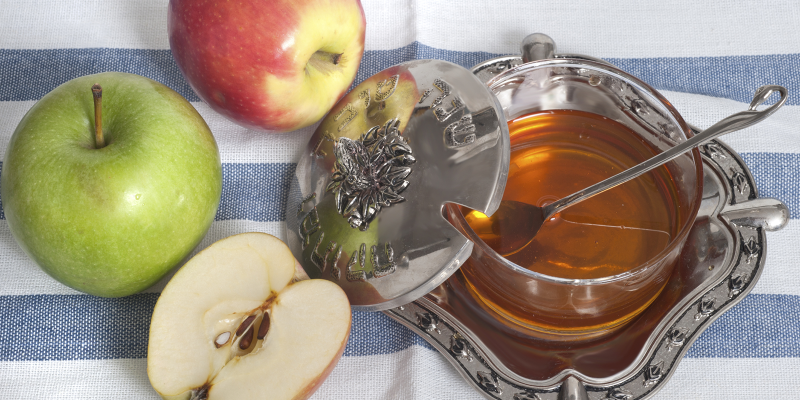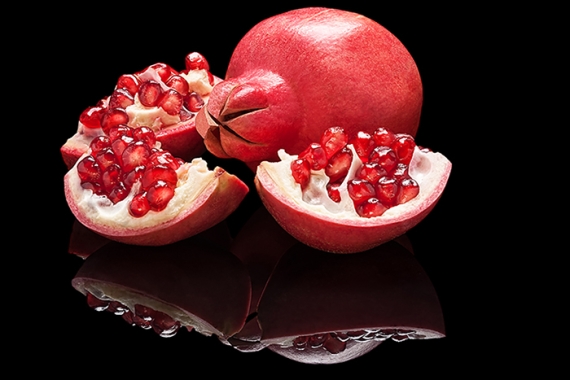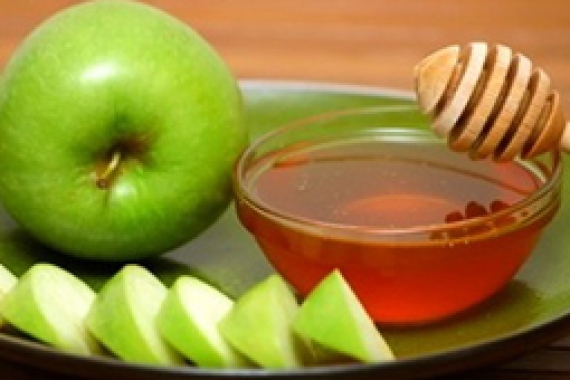What is Rosh HaShanah?
Rosh HaShanah (literally, “Head of the Year”) is the Jewish New Year, a time of prayer, self-reflection, and (repentance). It begins the ten days of Yamim Nora-im (“Days of Awe” or “High Holidays”), culminating with Yom Kippur (the “Day of Atonement”). Observed worldwide with synagogue services and home rituals, the holiday emphasizes reviewing the past year and committing to growth in the year ahead.
Falling on the first day of the Hebrew month of , which corresponds to September or October, customs associated with the holiday include sounding the , sharing round , and eating apples with honey to represent a sweet New Year.
Learn at the Jewish Discovery Hub

WATCH THE RECORDING: Jewish High Holidays 101
Our live session explored the heart of Rosh HaShanah, the Jewish New Year, as well as Yom Kippur, the Day of Atonement. Consider timeless traditions, fresh perspectives, and practical ways to make these holidays personal, meaningful, and joyful.
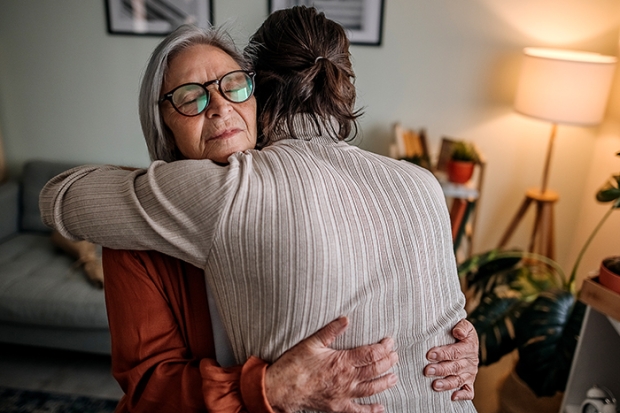
FREE DOWNLOAD: 5 Steps to Forgiveness
In Jewish tradition, asking for forgiveness isn't a quick fix: it's a path of reflection and change. Register at the Jewish Discovery Hub to get this free download that can help you cultivate genuine forgiveness and repair.
Find Virtual or In-Person Services
Many congregations offer virtual High Holiday services and programs for non-members. If you are a member of a Union for Reform Judaism congregation and will be away from home, you can request seating at another member congregation.
Congregations Offering Virtual Services
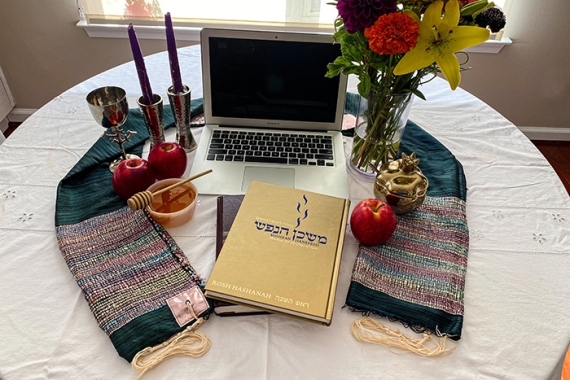

Music to Listen to During the High Holidays
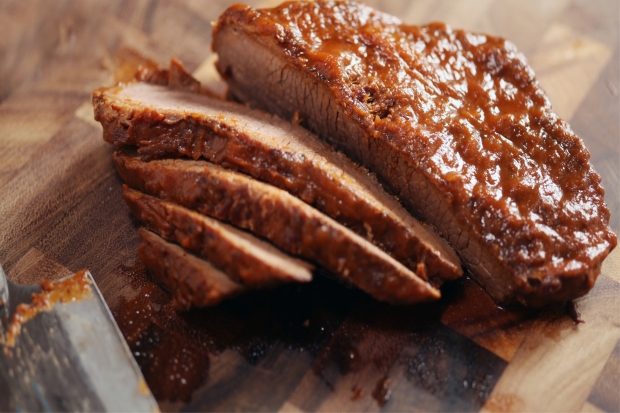
Nine Rosh HaShanah Foods to Prepare in Advance for a Stress-Free Holiday
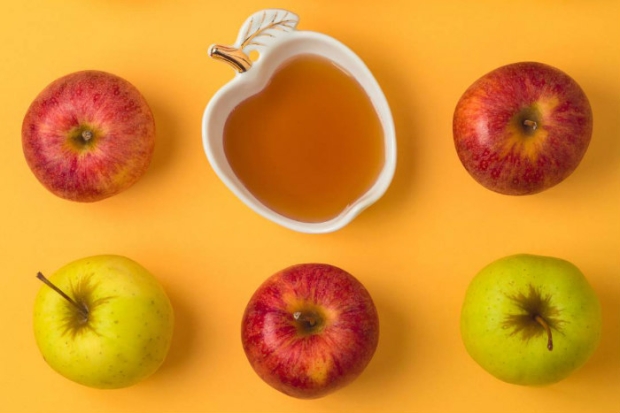
Six Ways to Prepare for the High Holidays
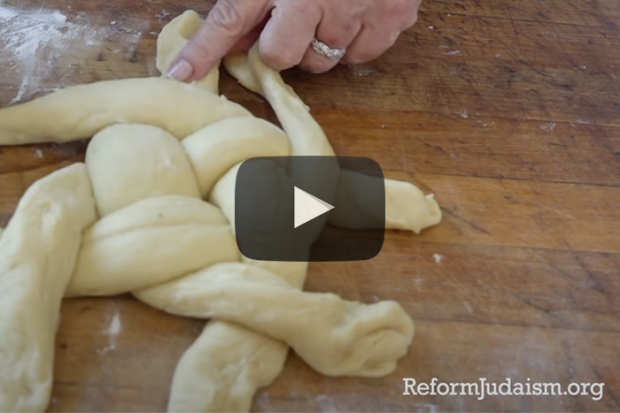
Rosh HaShanah Videos
Get Jewish Life in Your Life
Subscribe to get inspiring email newsletters.
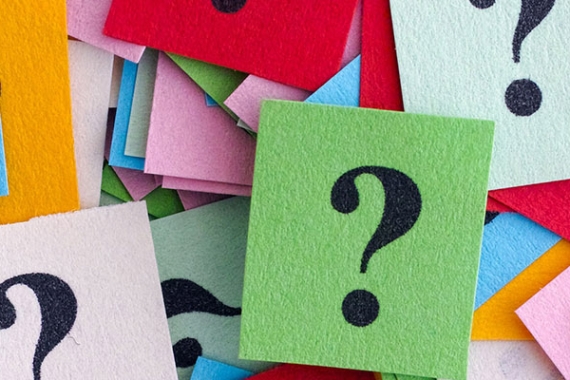
Answers to Your Questions About Rosh HaShanah
- Can I Get Married between Rosh HaShanah and Yom Kippur?
- Do Reform Jews Celebrate One or Two Days of Rosh HaShanah?
- I plan to attend Rosh HaShanah and Yom Kippur services this year for the first time. Will I be expected to donate money during the service, like in a church service? If so, what’s the "right” amount?
- What Greetings are Appropriate on Rosh HaShanah and Yom Kippur?
- What’s the Difference Between the Secular and Jewish New Year?
- Why do Jewish Holidays Begin at Night?
- Why do we eat a round challah on Rosh HaShanah?
Social Action Guide for the High Holidays
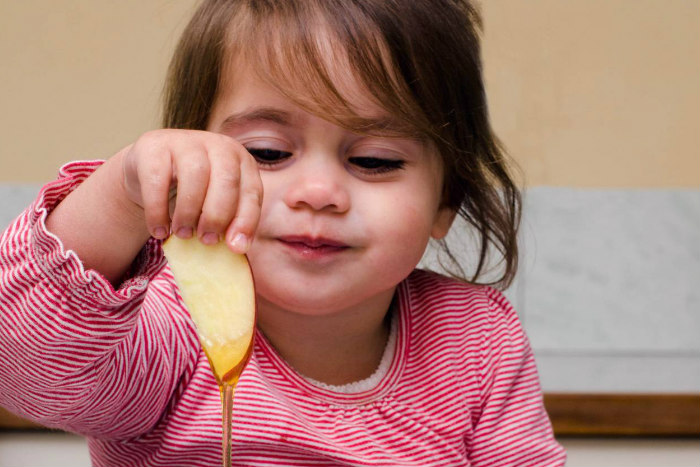
What's New

Crossing the Bridge from the Particular to the Universal
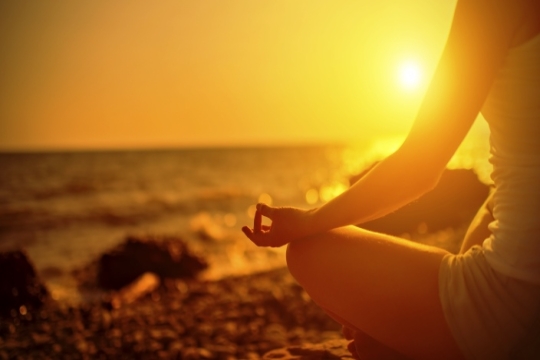
How Meditation is Preparing Me for the High Holidays
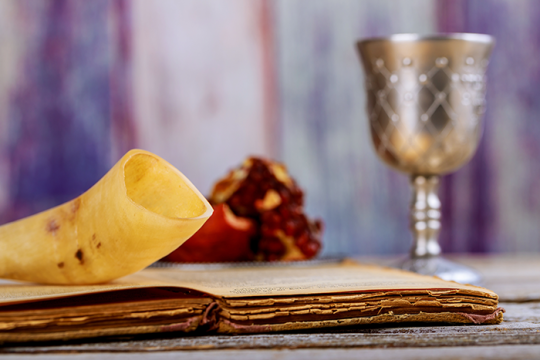
Two Pockets, Two Lessons, One New Year
Give the gift of tikkun olam
Honor a Jewish hero for justice by making a tax-deductible gift to the Union for Reform Judaism in their name. Your gift will provide funding for creative Reform Jewish programming and help ensure the continued growth and strength of Reform Judaism.
